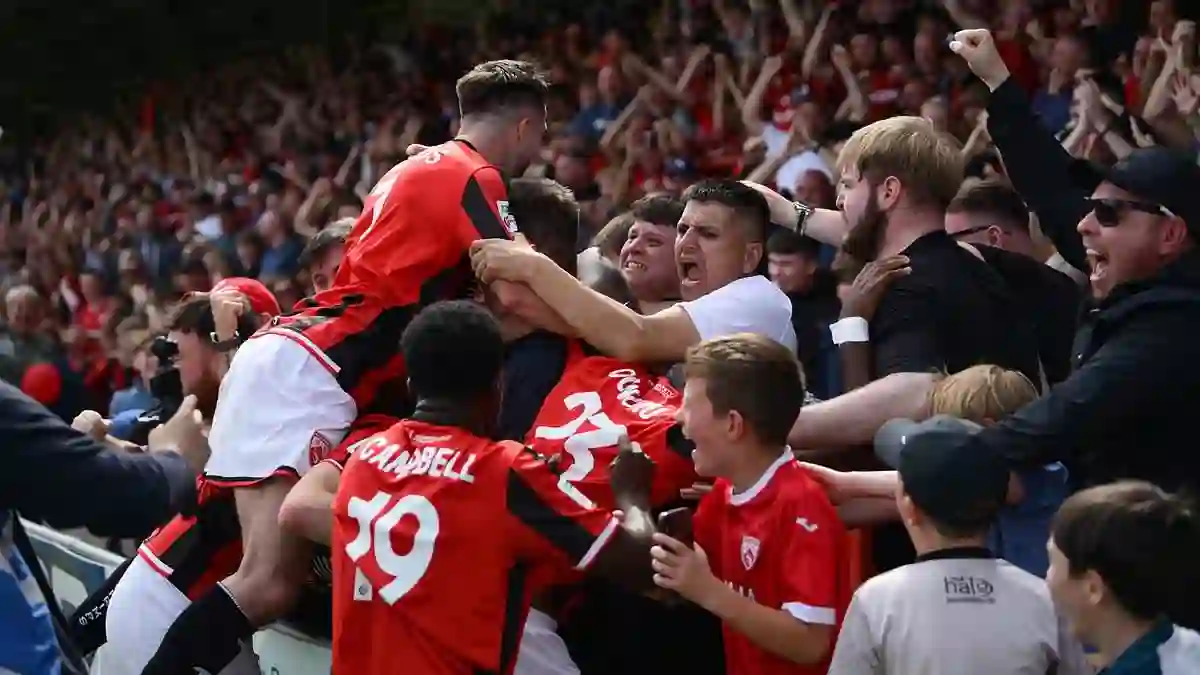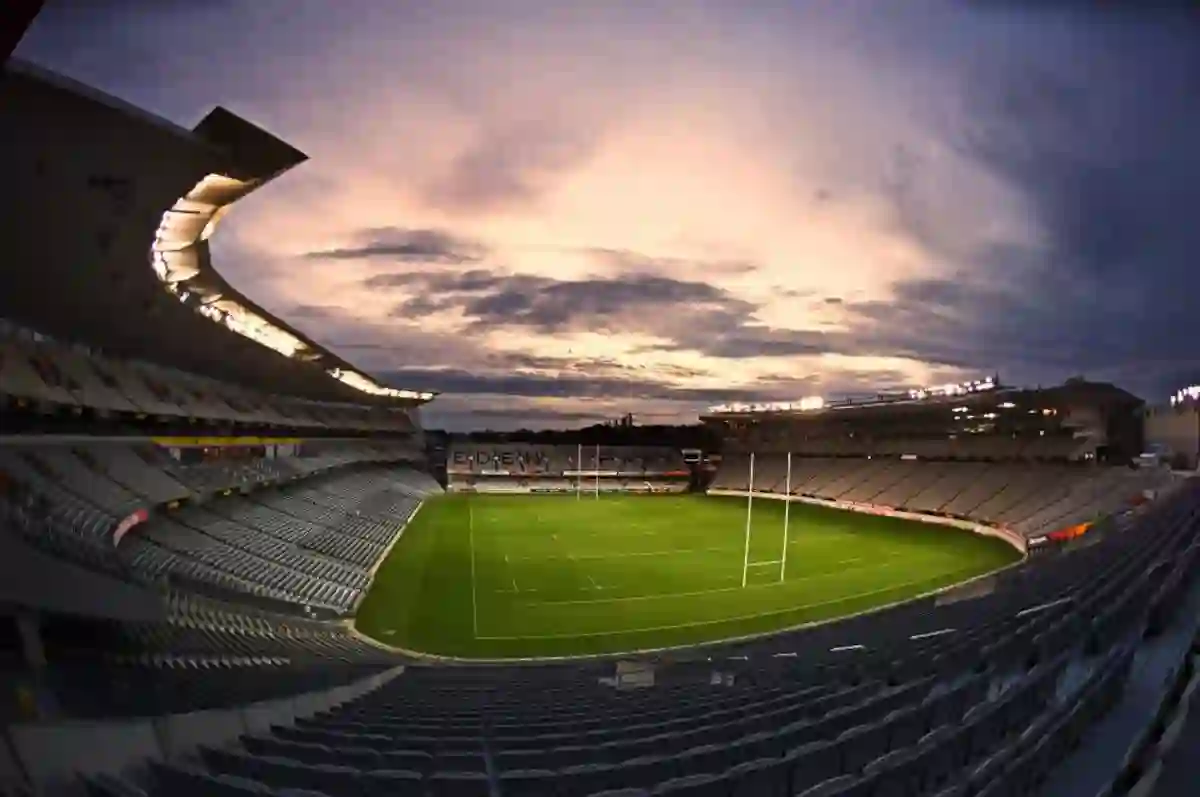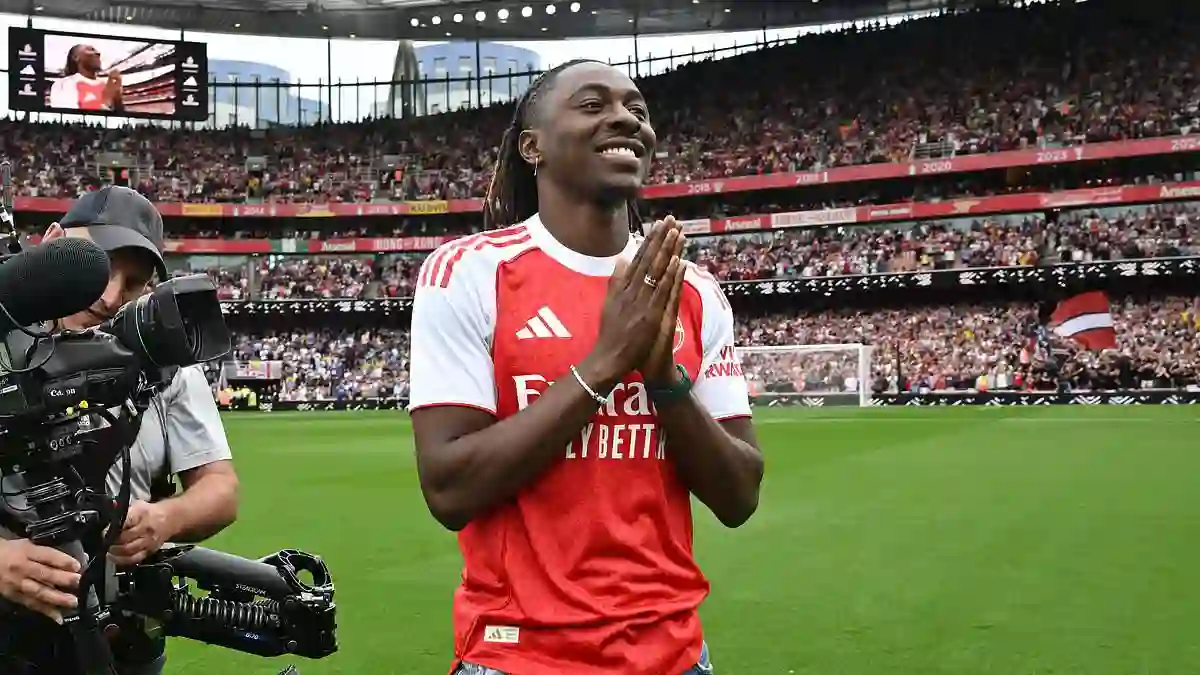For anyone who has ever loved a football club through thick and thin, Saturday’s match at Morecambe was pure magic.
What started as a desperate struggle to save a beloved team turned into an unforgettable celebration of community, resilience, and sheer joy.
As someone who has followed Morecambe for over six decades, I watched the events unfold from the press box, trying my best to stay impartial.
For 98 minutes, I maintained that professional detachment—even as a team hastily assembled in just 72 hours took to the pitch and families embraced tearful reunions around me.
But when a late winner ricocheted around our box in stoppage time, all professional restraint evaporated.
A Shirt, a Tribe, and a Moment of Joy
In an outburst of uncontainable excitement, I tore off my jumper to reveal a brand-new Morecambe shirt my niece Lauren had bought me.
She, along with her husband Iain and 10-year-old son Alex, had been cheering wildly behind the goal.
At that moment, I was no longer just a supporter in Surrey—I was part of the Sand Grown ’Uns, connected to my footballing family.
Not long ago, the sight of that shirt on a football pitch seemed impossible.
With the club’s finances in freefall, a shuttered stadium, unpaid staff, and only five registered players, Morecambe appeared destined for extinction.
The 2025-26 kits were gathering dust in a local café, a sad symbol of a club on the brink.
The Struggle Behind the Scenes
The owners, Bond Group Investments, led by Essex-based businessman Jason Whittingham, refused to sell despite the crisis.
The National League allowed the team to postpone the start of the season until August 20, missing their first three fixtures.
But creditors, most notably HMRC, loomed large with a winding-up order for over £600,000.
It seemed that all hope was lost. Losing Morecambe would have struck a blow not just to football fans, but to the wider community the club supported—including veterans, pensioners, and vulnerable children.
The club’s potential collapse was even raised in Parliament.
Yet, hope arrived from an unexpected corner: Panjab Warriors, a little-known consortium from Hounslow, 280 miles south.
Undeterred by Whittingham’s resistance, they finally secured a deal the Sunday before the match.
A Community Effort to Save the Club
In the days leading up to the match against Altrincham, the revival effort was nothing short of heroic.
Only the gym, owned by Tyson Fury, remained open, while unpaid contractors had stripped the dressing rooms and bar. Volunteers swept in to prepare the stadium.
Local MP Lizzie Collinge even helped by clearing weeds from the terraces, adding a touch of grassroots charm.
Meanwhile, Ashvir Singh Johal, the 30-year-old Sikh manager making professional football history, signed a dozen players from leagues as far afield as Indonesia and Azerbaijan.
Secretary Adele Laffan worked late into the night securing international clearance, though two players were still ineligible at kick-off.
Match Day Chaos and Celebration
On the day, Morecambe’s famous pies were absent, replaced by humble chip vans.
But nobody minded—the atmosphere was that of a massive family reunion.
The team, a mix of newcomers from across the globe, took the pitch to the cheers of 3,700 supporters.
Their coordination was imperfect, but adrenaline fueled moments of brilliance.
Six minutes in, Morecambe scored, and the familiar strains of Bring Me Sunshine, the Eric and Ernie classic, seemed to float across the seafront.
Altrincham fought back to equalize, leaving Morecambe’s players exhausted by the final minutes.
Then, Daniel Ogwuru, a new signing from Norwich City, broke through and scored the winning goal.
Victory Beyond the Scoreline
The result itself mattered less than the fact that the club had survived.
Every supporter I spoke to shared the sentiment: winning or losing was secondary to reclaiming Morecambe’s footballing heart.
On Saturday, Morecambe wasn’t just a football club—it was a community triumph, a story of hope, resilience, and a family reunited.



